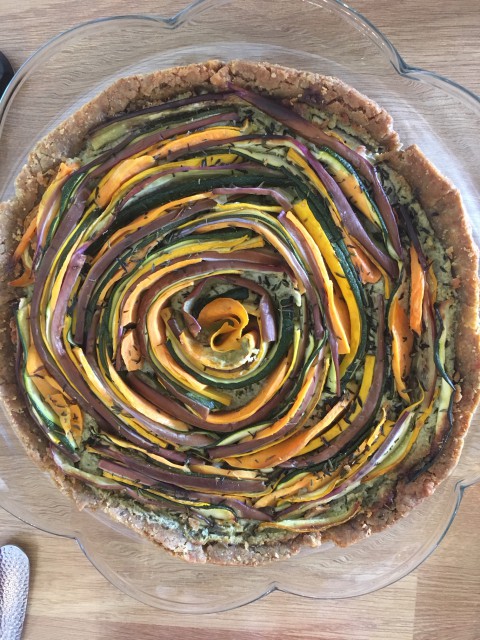Meatless Monday is a step being taken by growing numbers of people as we all become more aware about the environmental impact associated with meat production and the health benefits of a plant-based diet. So are the tales that vegan and vegetarian lifestyles are deficient in protein, calcium and iron true?
Let’s start with why you need these in your diet and take you back to the days of your GCSEs (or O’ levels for some of us!). Protein is required to build and repair body tissues (for example, bone, muscle, blood, skin – all quite important!), make enzymes and hormones. Iron is a key component of blood, it is needed by your immune system and your brain. If your body is running low on iron, you become tired and anaemic. Pregnant and post-natal women are prone to low iron levels especially following a complicated birth. Calcium is needed for muscle function (including our heart beating!), blood clotting and a lack of it in our diet means our bodies extract what is needed from our bones weakening them!
To further complicate things, Iron comes in two forms dependant on its source:
-HAEM iron is found in meat and is well absorbed by the body,
-NON-HAEM iron is found in plant foods, such as green leafy veg, pulses and dried fruits, and is not as well absorbed. You can improve the absorption of iron from plant sources by:
- Eating vitamin C rich food alongside iron rich plant foods. Go for oranges, strawberries or raspberries.
- Avoid drinking tea when consuming iron rich plant foods; a cuppa contains polyphenols (antioxidants that can inhibit the absorption of iron).
Some meal inspiration from The Vegan Society that can help you day to day to help combine iron rich foods with Vitamin C are:
- Top porridge with ground linseed and raisins, and serve with orange juice.
- Eat a kiwi fruit or 2 after a lentil curry.
- Add broccoli to a tofu stir-fry.
- Add pepper to a bean chilli.
Protein also comes in two kinds; complete (those in meat and dairy are in this group) and incomplete (plant sources are in this group)! What this means is that a combination of protein sources are needed when eating plant-based foods but you do not need to eat significantly more volume when compared to meat. This is an informative article which covers the topic in some detail. Some of the best sources are nuts, lentils, tofu, beans, chickpeas, seaweed, soya products, rice.
Finally Calcium; traditionally dairy products are the best known food source. However, again there are numerous excellent plant based sources including soya, rice, tofu, seeds, pulses, dried fruit. Don’t forget to keep your Vitamin D topped up so your body can regulate your body’s Calcium levels with regular time outside in sunshine (yes, even in winter) and consider taking a Vitamin D supplement as evidence is growing that in the UK we just don’t get enough!

